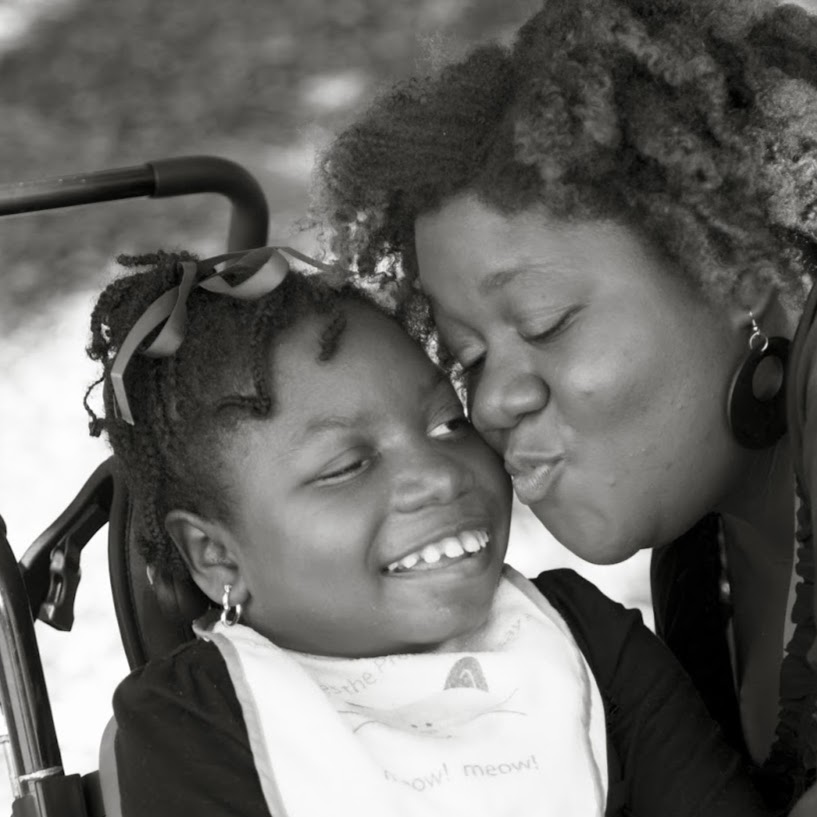Raising a child with a disability comes with many challenges. There are some really high highs and also some really low lows. As parents we love our children and we see them go through so many changes as they grow and deal with the things that come with their varying diagnoses. We want our children to enjoy life, be involved in their communities. We want them to be able to do things with and like their peers, such as going to the movies, shopping, out to eat etc. We don’t want them to be seen as “wrong” or “sick!”
I cannot count the times we have been out and about and a child sees Kerstin in her wheelchair, stares and asks their parent(s), “What’s wrong with her?” “Why is she in that chair?” Too many times I hear the parent whisper, “She’s sick.”
When I overhear that answer, I just politely say “No.” When a parent tells their child there’s nothing wrong, and to talk to us, we usually spark a conversation. They are receptive and seem to want their child to be as well. It warms my heart, and I am sure the hearts of other parents of children with disabilities as well, when parents of children without disabilities are open and want to make sure their child understands diversity.

Having a disability does not equate to sickness. Cerebral palsy is not a sickness and it is not contagious. Epilepsy is not contagious. Yes, our children get sick, so does everyone. When a child/adult has a disability, it usually takes them longer to overcome general illnesses. Using a wheelchair, wearing glasses, AFOs, neck supports and other assistance does not mean the person is sick. When Kerstin is sick, she definitely will not be in a restaurant, a movie theater or her beloved Target. That is something we just do not do. The only time she is outside of our home while sick is to go to the doctor or unfortunately when she is hospitalized.
So, when you see a family out enjoying their day just as you are and your child asks, “What’s wrong with her / him?” “Why is s/he in that wheelchair?” Be sure to tell them nothing is wrong, she needs the chair to get around and go places, and it’s OK to say “hi!”

